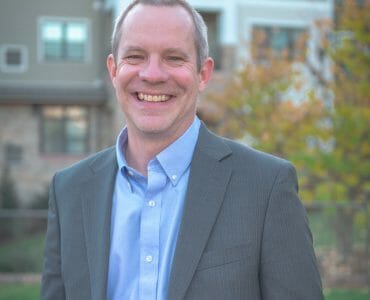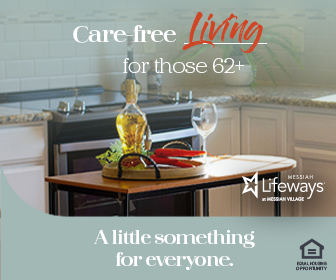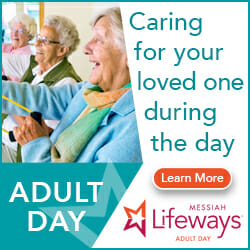If you’re like most, you’ve likely had your fair share of “dear future self” moments, especially after bearing witness to the unwise, undesirable or unsafe behavior of others as well as our own transgressions. It can be a great influencer of not walking the same path or repeating history, or taking the optimist’s view and turning a bad choice into a teachable moment. This can apply to many different aspects of life…poor health choices, substance abuse, not taking responsibility for one’s actions, poor money management; the list can go on and on. But recognizing or even suffering the consequences of poor choices is not always enough to stop our own perpetuation of bad decision making.
Choices and our own mortality and well-being
During the cycle of life, adult children may one day experience an ailing parent making unsafe choices about their health and well-being. The ailing loved one may stop following doctor’s orders, not take their meds as directed, recklessly drive, live in an unsafe home environment, refuse help, or ignore a diagnosis. This list too can go on and on. Fortunately, many aging loved ones recognize and appropriately deal with some of the challenges of growing older. Accepting one’s own limitations, downsizing, moving to a care facility, asking or accepting help are smarter ways of responsibly growing older. For those who are true to themselves and are not too proud, accepting these actualities can ease a heavy burden from themselves and their loved ones. It can even be liberating!
In my line of work, I encounter families that feel “blessed” or “fortunate” that mom or grandpa realized they needed help, asked for a change and took control of their evolving lifestyle early on in their journey of aging. We often witness them living longer, healthier, happier lives when they surround themselves with care and a modified or age-friendly home or environment.
One the other hand I also meet older adults that are often described as “stubborn” and “ornery.” Pride and or denial cloud their judgment about their own safety and well-being. Memory and cognition impairment can also distort common sense and reasoning. They do not recognize their own deficits or the problems and challenges they create for themselves and their loved ones as they engage in unsafe or unhealthy choices.
Furthermore we hear family members proclaim they’ll never be that stubborn or uncooperative and won’t lay such burdens on their adult children. But again, others conversely admit they will be strong-willed and cantankerous “just like dad” or they forget just how difficult it was and perpetuate a similarly distressful journey for their family members.
Write it down to remember the lessons learned

No matter your persuasion, I ask of you, or better yet plead with you, be true and accountable to your future self. Be proactive, plan ahead and remember the lessons you learned from taking care of your parents or grandparents. Write it down. Remember the struggles and heartache you had getting your father to accept the help he needed. Remember the pain and strife you dealt with having to make medical decisions on your mother’s behalf, because she did not have a living will. Remember the care facility you were forced to choose for dad because no preliminary research was ever done or even dare spoken of. If you experienced any of these or similar scenarios and it was painful and overwhelming, why would you want to put your children or caregiver through the same ringer?
Remember, being proactive about long-term care is not about admitting defeat or fearing the end is near, it’s about control and self-determination. Preplanning a funeral or researching care options for the future will not expedite an early demise. At age 65 these proactive decisions may not be relevant for 15-25 years, but isn’t it reassuring to yourself and your family that you have those ‘what ifs’ covered? At 85, if you need help to live safely in your home for as long as possible, embrace it and make a plan; do it the right way. If moving to a retirement community or care facility provides peace of mind for those who care about you, have an open mind; consider the possibilities. Be true and kind to your future self and those who care about you. They only want the best for you, just as you wanted the best for your parents.
If you have additional questions or would like to talk with me further, please contact me at 717.591.7225 or email coach@messiahlifeways.org.






